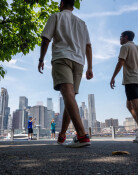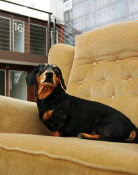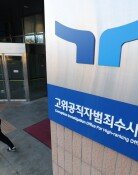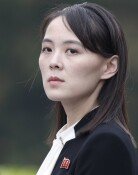South Korea to provide lunch boxes for its Olympic athletes
South Korea to provide lunch boxes for its Olympic athletes
Posted July. 15, 2021 07:36,
Updated July. 15, 2021 07:36
One of the things Korean athletes participating in the Tokyo Olympics care the most is food. The Tokyo Olympics Athletes’ Village uses food ingredients produced in Fukushima, where a nuclear disaster occurred in 2011. Food ingredients from Fukushima include peaches, tomatoes, cucumbers, flatfish, skipjack tuna, rainbow trout, clams, rice, pork, and chicken. The athletes’ village has decided not to state the origin of the ingredients it uses, leaving athletes anxious about the food there.
For this reason, South Korea leased the Henna Hotel, a three-star hotel about a 20-minute drive from the Athletes’ Village, for its athletes. It plans to make lunch boxes at the hotel kitchen and deliver it to the athletes every morning. According to the Korean Sport & Olympic Committee, more than 8,400 lunch boxes are estimated to be necessary during the Tokyo Olympics for 232 athletes in 29 sports. That is more than 400 lunch boxes every day. Up to two lunch boxes will be provided per each sport.
Lunch boxes consist of rice, soup, and four to five side dishes. Athletes’ favorite side dishes were mainly meat, including bulgogi, stir-fried tenderloin, and neobiani (marinated grilled beef slices). The committee plans to spend a total of 1.74 billion won for hotel rentals and food ingredients during the Olympics.
“We’ve decided to provide only two meals a day per sport because we had to evenly support all sports within the budget,” a committee official said. “Lunch boxes will not be enough for three meals a day but we will make sure to provide safe meals to the athletes.”
Won-Hong Lee bluesky@donga.com







